The World Cup qualifier match between Iran and Qatar, scheduled for October 15th in Mashhad, Iran, will not take place in the Islamic Republic due to the anticipation of Israel's response to the Iranian attack last week.
The current options being considered are switching home advantage or playing on a neutral ground, with Dubai in the United Arab Emirates and Tashkent in Uzbekistan being proposed as alternatives. However, the Asian Football Confederation still needs to make a decision on this matter and will do so soon.
Lebanese Football Suspended: Impact of Regional Conflict on Sports
This is not the only match affected by the deteriorating security situation in the Middle East. On Monday of this week, the Lebanese Football Association announced that due to the war between Israel and Hezbollah and the situation in Lebanon, the Lebanese national team will not participate in the current October international window. Lebanon was supposed to travel to Vietnam and participate in a triangular friendly tournament with the local team and the Indian national team, as part of their preparation for the advanced stages of the 2027 Asian Cup qualifiers. At the end of September, the Lebanese leagues were suspended after the first round, which opened in the shadow of the assassination of one of Hezbollah's leaders, Ibrahim Aqil. After the assassination of Nasrallah and the intensification of Israeli Air Force activity in Beirut and IDF operations in southern Lebanon, the curtain has also fallen on the national team's matches during the current break. Exactly one year since the October 7th war broke out, which led to Israel's withdrawal from the October 2023 international window, Lebanon is now setting aside its football.
The current war in Lebanon and the growing tension between Israel and Iran are not only affecting Lebanese and Israeli football, which is being played in empty stadiums from the Dan region northward. The war is triggering reactions across the Middle East and Asia, changing plans, cancelling games, and creating schedule chaos.
Missiles Over Isfahan: When Warfare Meets Football
Last Tuesday, the missiles that Iran fired at Israel hovered and passed over the skies of Isfahan, passing over the city's football stadium where an Asian Champions League 2 match was being played between Iran's Sepahan and Tajikistan's Istiklol Dushanbe. The missiles were documented by fans, creating a crazy but very realistic image of football in our region: football under missiles, literally.
This event triggered chain reactions across the Asian continent. Last Thursday, India's Mohun Bagan, which was supposed to travel last week to play against Tractor Sazi in Tabriz, Iran, cancelled its arrival, claiming that "the place is not safe for playing football." The Asian Football Confederation, in response, decided to disqualify them from the tournament, and the Indians, for their part, promised to appeal the decision.
The biggest name affected by the fear of Israel's response to Iran is Cristiano Ronaldo. The Al Nassr star approached the Saudi club's leadership with an update that he does not intend to travel to Iran in the current situation, ahead of the match against Esteghlal Tehran in the Asian Champions League. Ronaldo missed Al Nassr's first Champions League match held in Iraq due to a virus, but now the Portuguese star, who is in great form with 10 goals in 11 games this season for his Saudi team and the Portuguese national team, is working to move the match against the Iranian runner-up to a neutral ground, claiming there is no way to guarantee his safety in Iran. The Asian Football Confederation announced that the match between Esteghlal and Al Nassr will not be held in Iran. Sources in Iran report that it will likely be moved to Dubai.
Fan Reactions: Political Tensions Spill Over into Iraqi Football Stands
The war is not only causing schedule changes but also fan reactions. Last weekend, during matches of the Iraqi Premier League in stadiums in Baghdad, the capital, and in the city of Basra, fans displayed banners with the portrait of Hassan Nasrallah and messages of support for him, Hezbollah, and Lebanon. In Iraq, there is a large and very dominant Shiite population, and the messages of the Iranian axis are deeply ingrained in the population, reaching even the football stands.
While the Israeli national team hosts in Hungary and the Israeli league management sets new dates for the match between Maccabi Haifa and Beitar Jerusalem and considers holding the match of the season between the Maccabis of Tel Aviv and Haifa at Teddy Stadium, it seems that the current war and the moves Israel will make in Lebanon and Iran in the near future will affect not only Israeli football but also international football, from India to Kiryat Shmona.
Palestinian striker Wessam Abou Ali overcame cardiac collapse and broken ribs to become Club World Cup star, attracting top European clubs.
From dominant wins to political fallout, a look back at the intense football rivalry between Israel and Iran before geopolitics ended it all.
After months of war, the Palestinian Football Association may revive league play—if minimum safety, infrastructure, and funding can be secured.
The 2024 Women's AFCON kicked off with Morocco and Zambia drawing 2-2 in Rabat. Nigeria, South Africa, and Ghana headline a thrilling tournament.
Palestinian striker Wessam Abou Ali overcame cardiac collapse and broken ribs to become Club World Cup star, attracting top European clubs.
From dominant wins to political fallout, a look back at the intense football rivalry between Israel and Iran before geopolitics ended it all.
At 37, Bibars Natcho delivers his best season yet. In a BabaGol interview, he opens up on legacy, Israel, Partizan, and what comes next.
Mehdi Taremi grounded in Iran, Ali Karimi slams regime, and regional sports grind to a halt as Israel-Iran war disrupts the Middle East.
In an in-depth interview with BabaGol, Alexi Lalas shares bold takes on the USMNT’s goals, 2026 World Cup impact, and soccer’s identity in America.
A dramatic night in Tel Aviv saw Hapoel Be’er Sheva beat Beitar Jerusalem to win the Israeli Cup, in a final halted by a Red Alert siren.
Eleven groups drawn as 44 teams begin the road to Saudi Arabia 2026. Qualifiers kick off this September across Asia.
From Rabah Madjer to Mohamed Salah, a look at the MENA players who’ve made history in the Champions League — and those ready to add their names.
The draw for the FIFA U-20 World Cup Chile 2025 will be held May 29 in Santiago. 24 nations await their group fate.
CAF reveals six host venues for the 2024 Women’s AFCON in Morocco, marking a record number of stadiums for the competition.
Wuhan Jiangda edge Melbourne City on penalties to claim the inaugural AFC Women’s Champions League title and book FIFA Women’s Champions Cup spot.
Eran Zahavi scores twice in his farewell match as Maccabi Tel Aviv overpower Beitar Jerusalem to secure back-to-back championships.
On-loan striker Oday Dabbagh scores the winning penalty as Aberdeen defeat Celtic in a dramatic shootout, ending a 35-year Scottish Cup drought.
Egypt’s Mohamed Salah claims both Premier League and Football Writers' top honors after stellar season with 46 goal contributions.
FIFA introduces Vito the Vizcacha as the face of the U-20 World Cup Chile 2025, celebrating Chilean culture and football’s rising stars.
Postecoglou led Tottenham to their first European title since 1984, silencing doubters and making history in Bilbao with a composed, proud triumph.
Former Israel international Gadi Kinda has passed away at 31 after battling illness.
Only eight teams are through as the Copa Libertadores group stage nears its end. Here's what’s at stake ahead of a decisive final round.
A dramatic night in the Israeli Premier League sets up a thrilling final-day title showdown between Maccabi Tel Aviv and Hapoel Be’er Sheva.
Firas Ben Arbi and Marcus Meloni secure Sharjah’s 2-1 win over Lion City Sailors in a dramatic AFC Champions League Two final.
Turki Al Alshikh sells UD Almería to SMC Group-led investors; El Assy to stay on as CEO as strategic investments planned.
Al Ittihad sealed their 10th league championship by beating Al Raed, marking their first title since 2023 in a dominant display.
Italian-Ivorian full-back Yao Eloge reflects on his journey, a historic derby goal, and his emotional goodbye to Hapoel Jerusalem.
With 14 goals and 16 assists at the Oba Akran Cup, 17-year-old Ahmed Ajibola is emerging as one of West Africa’s brightest talents.
Be’er Sheva’s 4-1 win and Tel Aviv’s 6-1 rout leave both tied on points and goal difference as Ligat Ha’al’s title drama heats up.
The CHAN 2024 lineup is complete as Algeria and South Africa join Group C, with the tournament set for August in Kenya, Uganda, and Tanzania.
Altymyrat Annadurdyyew struck late in extra time as FC Arkadag defeated Svay Rieng to win the inaugural AFC Challenge League.

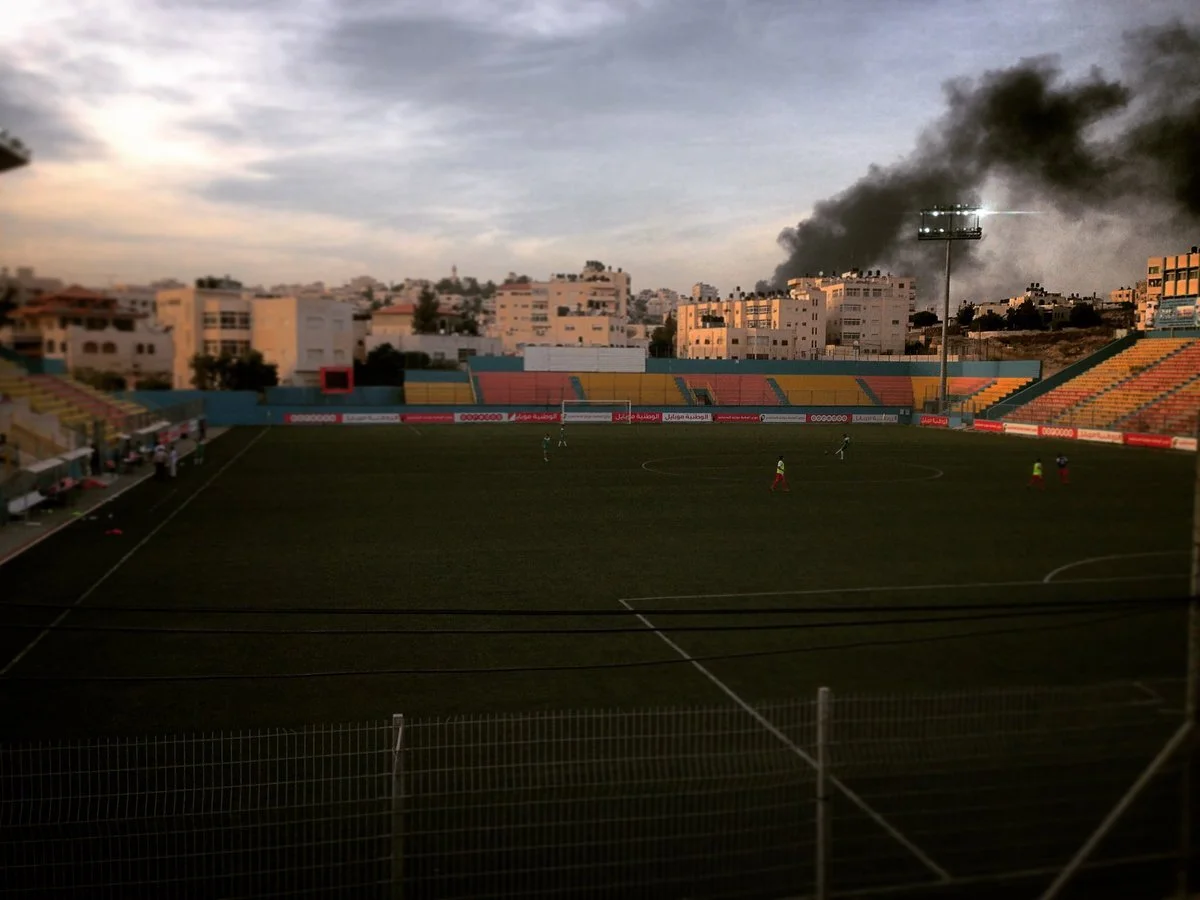


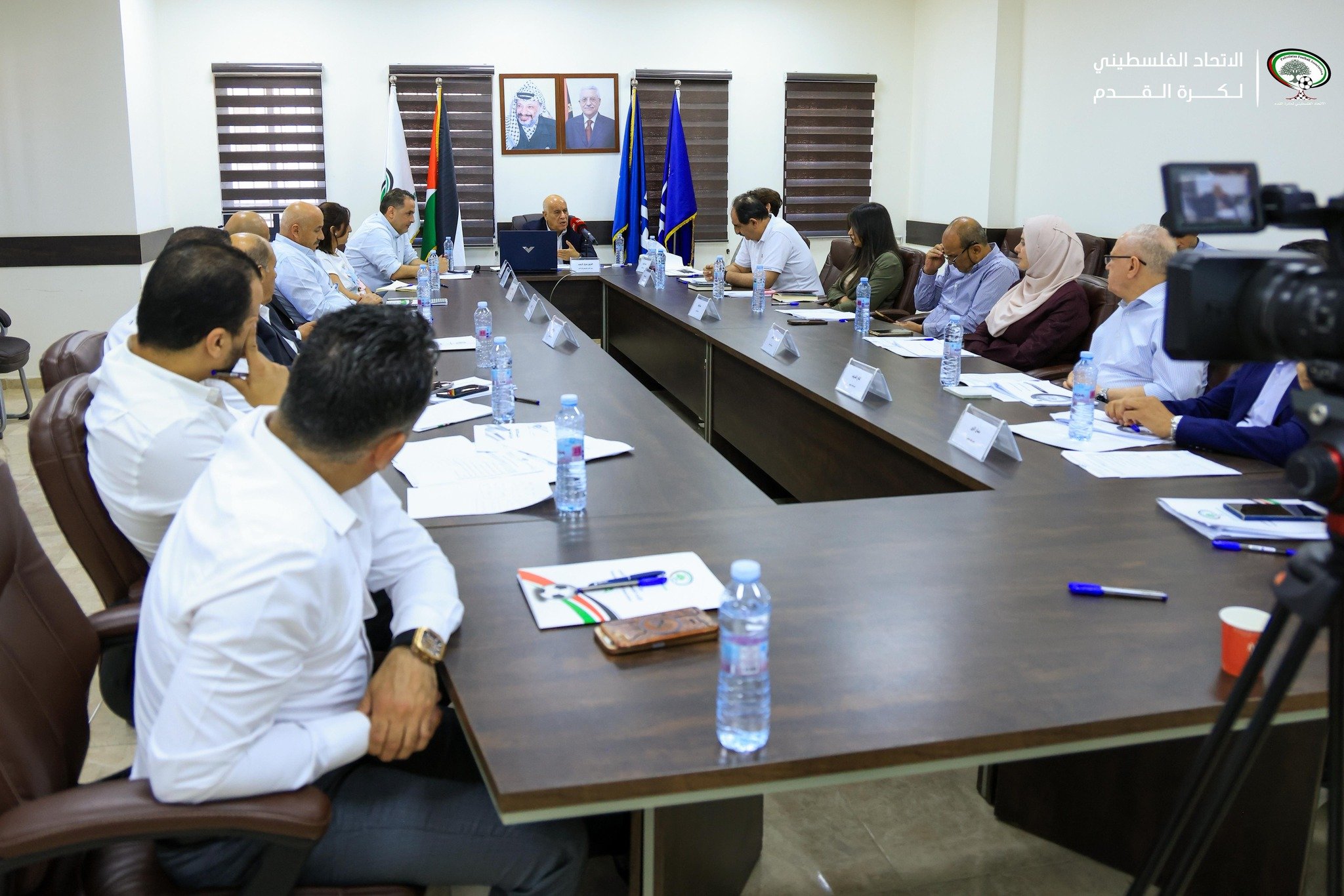
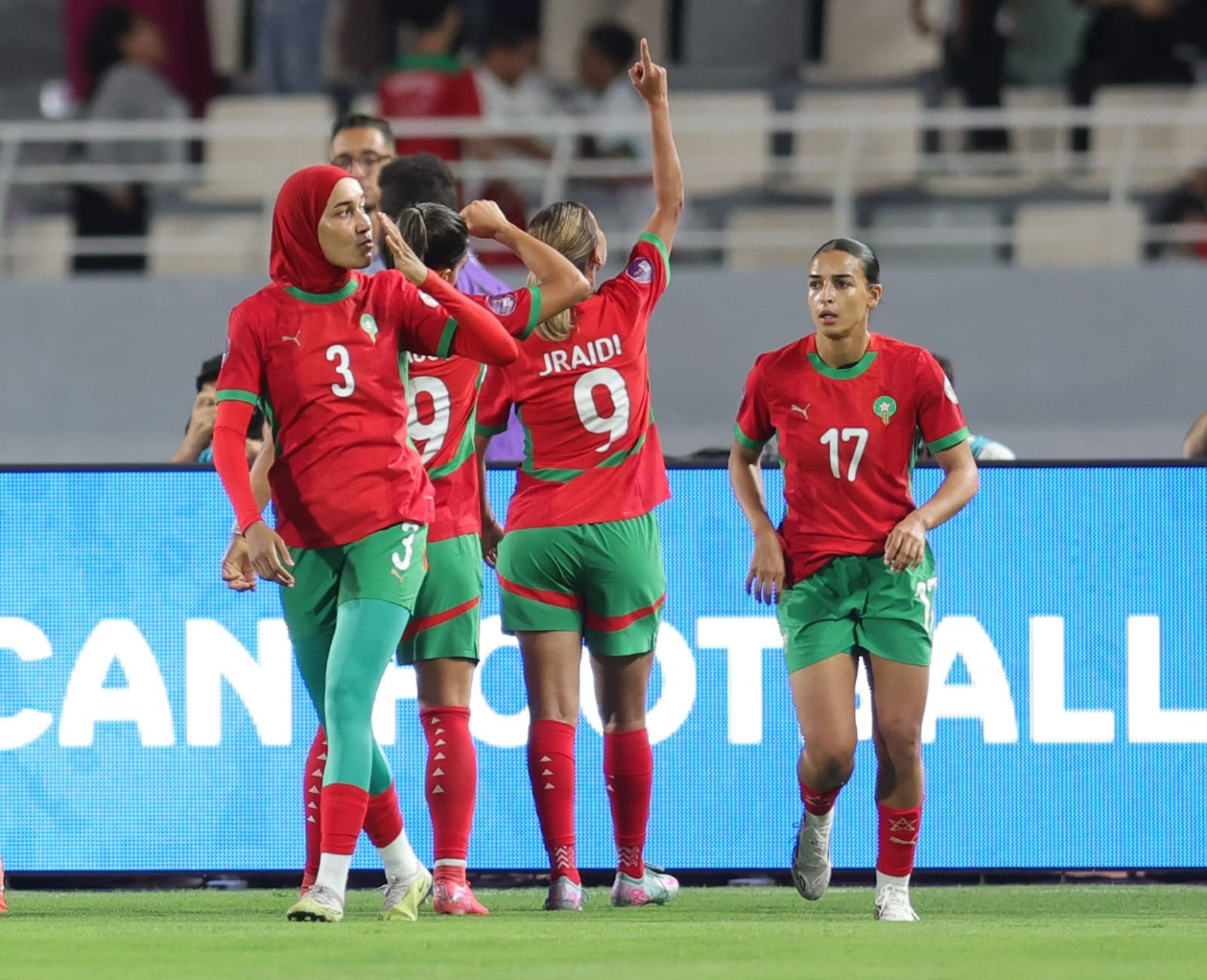

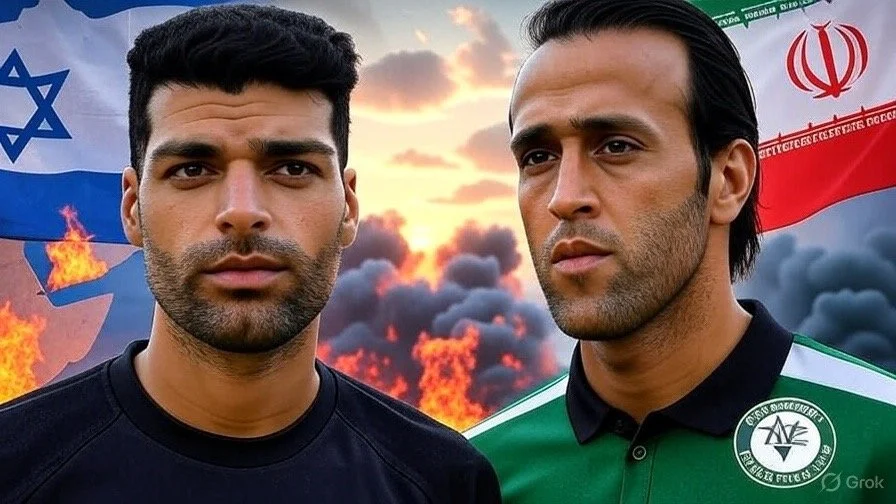
















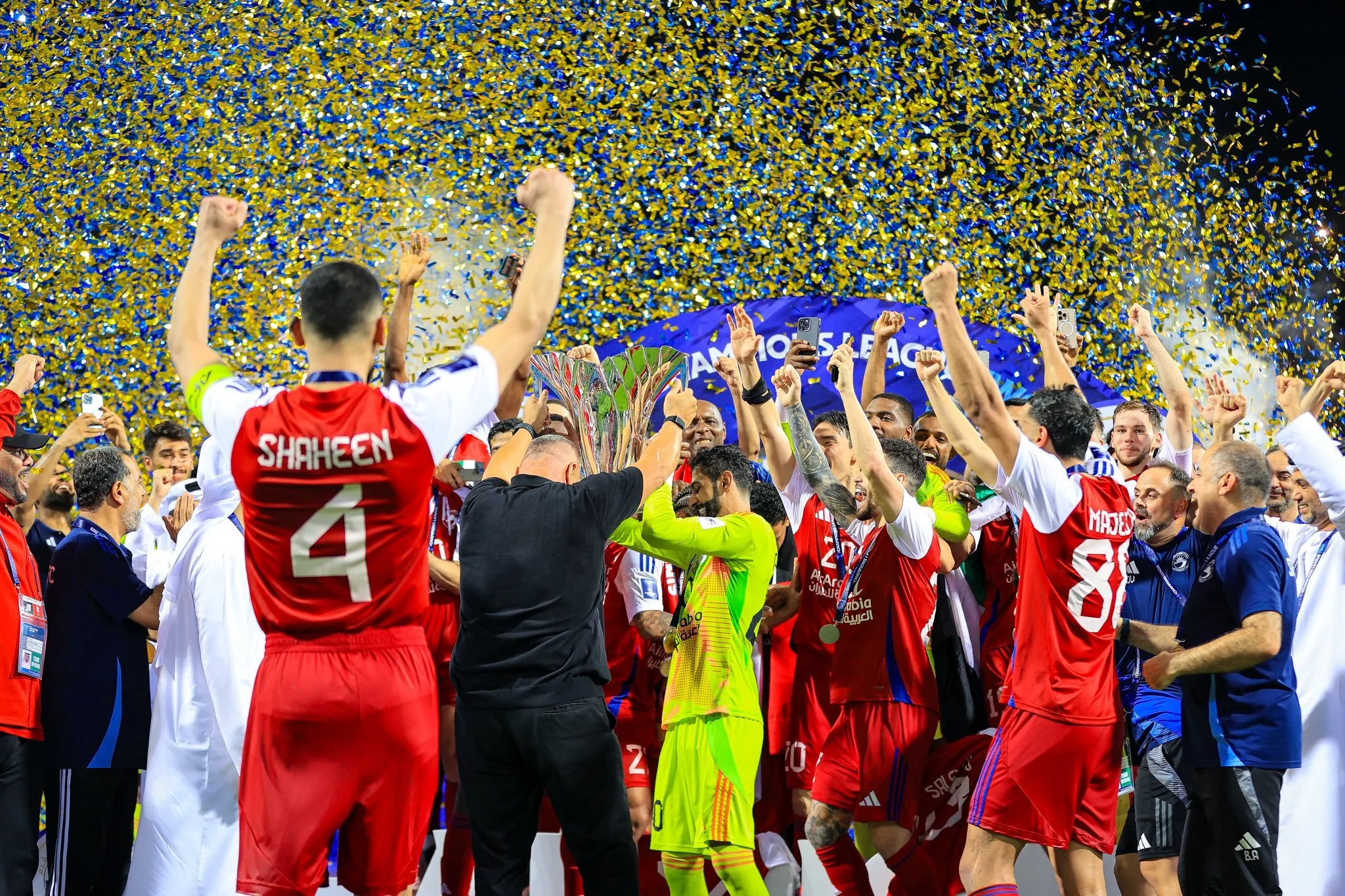
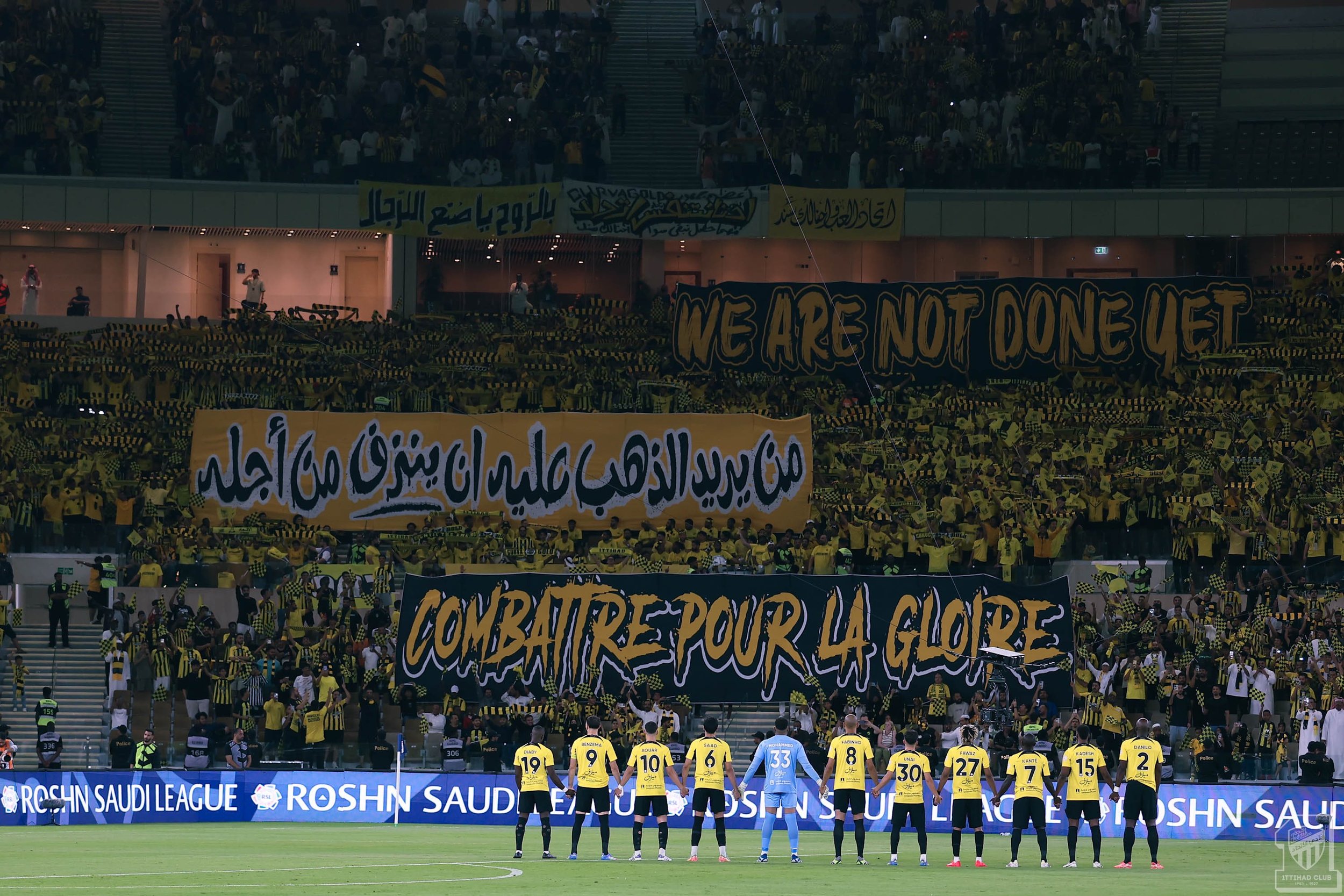



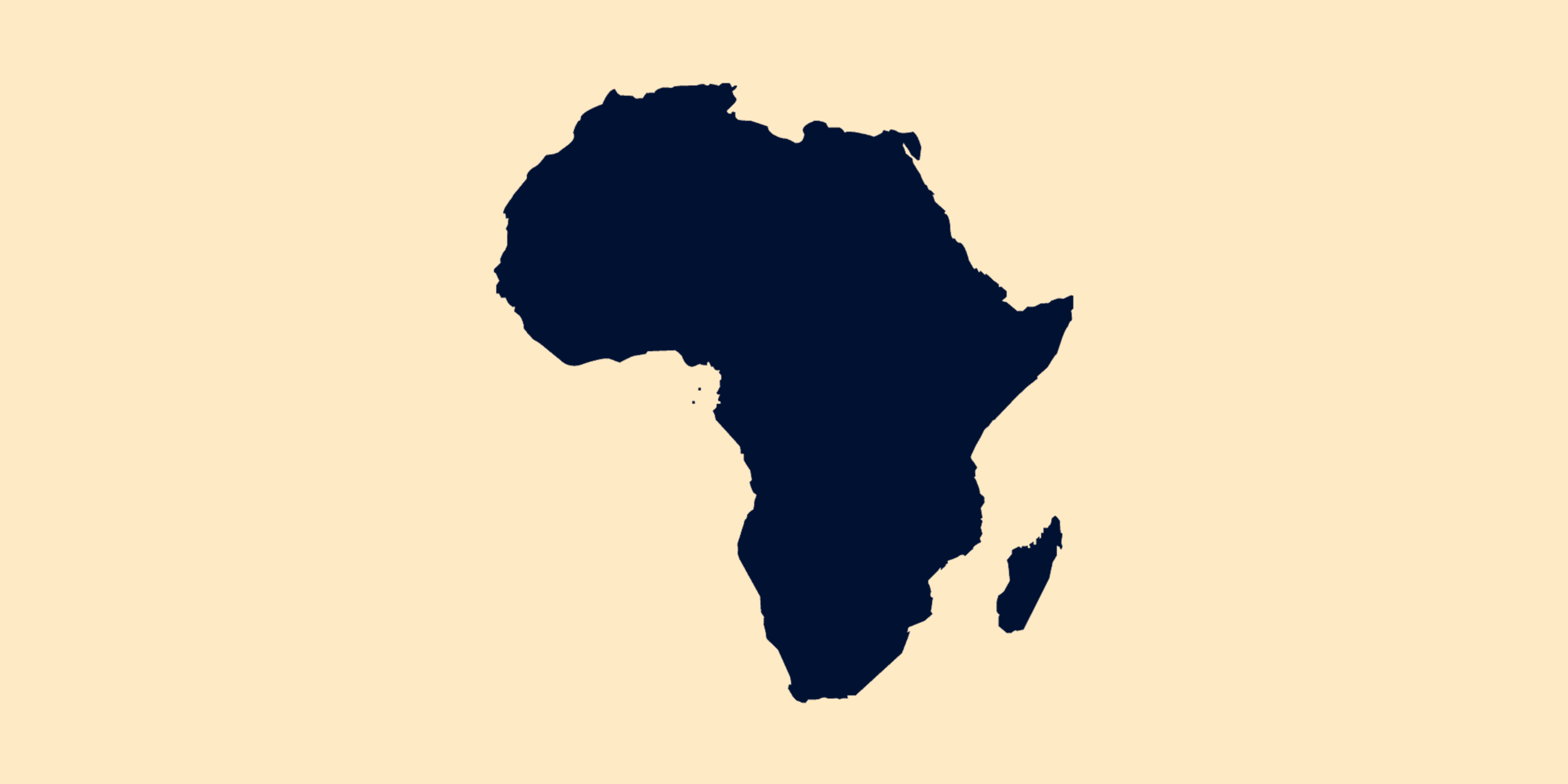

After months of war, the Palestinian Football Association may revive league play—if minimum safety, infrastructure, and funding can be secured.